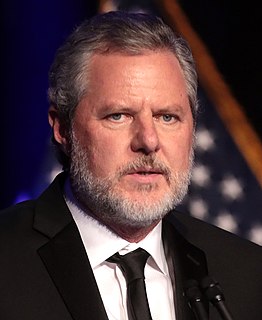A Quote by Samuel Taylor Coleridge
Fellows of colleges in the universities are in one sense the recipients of alms, because they receive funds which originally were of an eleemosynary character.
Related Quotes
I've never claimed that this is investment art. When we first started out, all the art colleges and universities across the country would sort of badmouth what we were doing. It's funny that a lot of them now are sending us letters saying, 'We may not totally agree with the way you paint, but we appreciate what you're doing, because you're sending literally thousands of people into art colleges.'
Universities were not meant entirely, or even chiefly, as stepping-stones to an examination, but that there is something else which universities can teach and ought to teach-nay, which I feel quite sure they were originally meant to teach-something that may not have a marketable value before a Board of Examiners, but which has a permanent value for the whole of our life, and that is a real interest in our work, and, more than that, a love of our work, and, more than that, a true joy and happiness in our work.
I grew up in Orangeburg, South Carolina, which has the proud distinction of being the home to two of the eight Historically Black Colleges and Universities in the state: South Carolina State University and Claflin University. When I was a kid riding around town with my grandfather, we often drove by the colleges.
In the past, there has been a stigma surrounding community colleges, where they were seen as a less viable option because they are not four-year universities. I know differently and so do the millions of people across the country who have received an affordable, quality higher education at community college.
Let us also love our neighbors as ourselves. Let us have charity and humility. Let us give alms because these cleanse our souls from the stains of sin. Men lose all the material things they leave behind them in this world, but they carry with them the reward of their charity and the alms they give. For these they will receive from the Lord the reward and recompense they deserve.






































